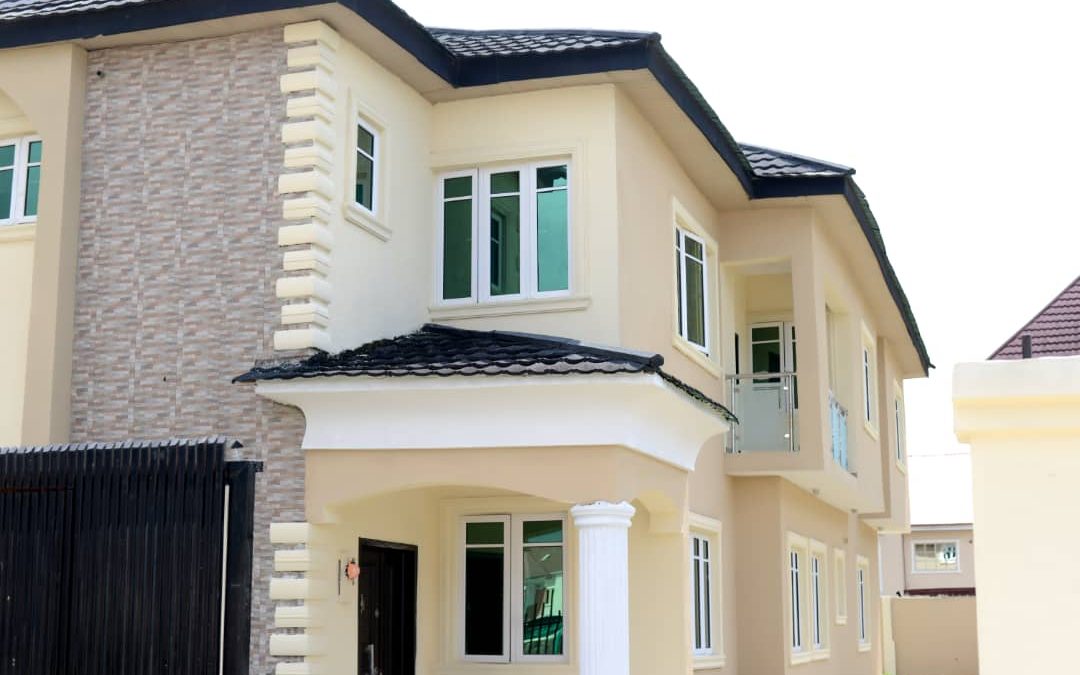Social housing gives people a home. It’s cheaper to rent than privately rented housing and usually provides a long-term tenancy, giving renters the chance to put down roots. Social landlords tend to be councils or housing associations.
The Nigeria National Housing Policy defines ‘Housing’ as the process of providing functional shelter in a proper setting in a neighborhood, supported by sustainable maintenance of the built environment for the day-to-day living and activities of individual and families within the communities. Quite fundamental to the attainment of affordable housing goals in any nation is for stable housing policy, presence of political will and proper implementation of sustainable housing policies.
The followings are the importance of social housing
Social rented housing is affordable
Social rents are pegged to local incomes to keep rents more affordable. Changes to social rents – whether up or down – are controlled by central government.
Social rents are lower than so-called ‘affordable’ rents which are set at up to 80% of the market rate.
it is allocated on basis of need
Those with the most serious need are legally required to be given ‘reasonable preference’ in the allocation of housing scheme by councils.
Beyond this, councils can decide who qualifies to go on their social housing waiting lists and the level of priority that they are entitled to on the list.
But the chronic shortage of affordable housing means it’s severely rationed. We believe many more people should be able to access affordable housing.
Social rented housing means no short-term contracts
Renting a social home means people have a settled home. Instead of six or twelve-month tenancies you have the right to stay for years and make a house a home, with much greater protections from eviction.
It is owned and managed by social landlords
Social landlords are generally councils or housing associations. Housing associations are independent from councils, with all their surpluses going to managing and maintaining existing homes, providing associated services and, in some cases, building new homes. They are proactively economically regulated by the Regulator of affordable housing.
Council housing is democratically controlled by the elected local authority, although it may be managed by an Arms-Length Management Organization or Tenant Management Organization on the council’s behalf.
All affordable housing is required to meet consumer standards set out by the Regulator of Social House scheme.
It’s possible for commercial organizations to build and manage affordable housing, although this is not yet common practice.
Credit: ProShare


Recent Comments